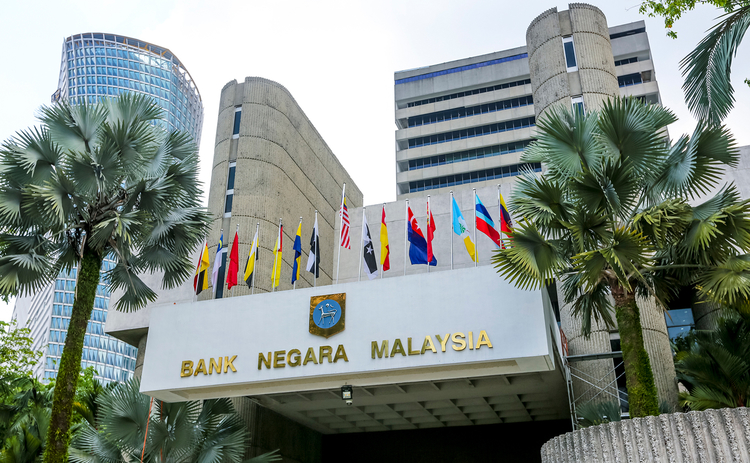
KUALA LUMPUR, Aug 12 – The Malaysian economy registered a stronger growth of 8.9 percent in the second quarter of 2022 compared with the 5.0 percent growth seen in the first quarter this year.
Releasing the figures at a press conference here today, Bank Negara Malaysia attributed the growth to the strengthening domestic demand, underpinned by the steady recovery in labour market
conditions and ongoing policy support.
“The higher growth was also reflective of normalising economic activity as the country moved towards endemicity and reopened international borders,” it said in an accompanying press release.
“While the gross domestic product (GDP) was lifted to some extent by the low base from the Full Movement Control Order (FMCO) in June 2021, growth in April and May 2022 was particularly robust.
“Exports remain supported by strong demand for Electrical and Electronic products. By sector, the services and manufacturing sectors continued to drive growth. On a quarter-on-quarter seasonally-adjusted basis, the economy increased by 3.5% (1Q 2022: 3.8%).”
During the quarter, headline and core inflation increased to 2.8 percent and 2.5 percent respectively (1Q 2022: 2.2% and 1.7%, respectively). Bank Negara said the higher core inflation reflected an improvement in demand conditions amid the high-cost environment, with price increases mainly driven by food away from home and other food items.
The ringgit meanwhile depreciated by 4.6 percent against the US dollar in the second quarter of
2022 while it recorded a drop by 6.3 percent from the beginning of the year till Aug 10.
This was broadly in line with the movement of regional currencies (2Q 2022: -4.7%; YTD: -5.8%), largely reflecting the continued strengthening of the US dollar following aggressive US monetary policy tightening, increased investors’ risk aversion due to the weaker global growth outlook and the military conflict in Ukraine, BNM said.
“Nonetheless, elevated commodity prices and Malaysia’s economic recovery helped to cushion the
downward impact from the external developments on the ringgit during the quarter. Going forward, while domestic financial markets will continue to be subjected to episodes of heightened volatility, spillovers to domestic financial intermediation are expected to remain broadly contained, supported by Malaysia’s healthy external position and strong banking system.”